Prevent Fuel Theft by Truck Drivers: Strategies for Protecting Your Fleet

Fuel theft is a serious concern for fleet operators worldwide, leading to huge financial losses and operational challenges. Understanding the methods taken by perpetrators and implementing effective preventative strategies are critical steps toward securing your fleet's resources.
Common Methods of Fuel Theft
-Underfueling: In this strategy, drivers coordinate with fuel station staff to report more fuel than is actually dispensed. The unpurchased fuel is subsequently sold, with profits shared among the conspirators.
-Direct Draining: By manipulating odometer readings with gadgets, drivers can drain fuel straight from the tank into containers for future sale. Usually, this happens on the way or during off-peak hours.
-Fuel Adulteration: Some drivers dilute the vehicle's fuel with lower-grade substances, such as kerosene, conserving the stolen high-quality fuel for personal advantage. This approach puts the performance and safety of the vehicle at risk in addition to causing financial loss.
Impact on Businesses
Fuel theft extends beyond immediate financial losses, affecting various aspects of operations:
-Financial Losses: Fuel theft has the potential to drastically reduce profit margins over time, particularly for big fleets.
-Operational Disruptions: Unexpected fuel shortages may cause delivery delays, which could harm the company's reputation and client satisfaction.
-Increased Maintenance Costs: Vehicle damage from tampering with fuel systems might result in increased maintenance and repair costs.
-Safety Risks: Drivers and other road users may be at risk for injuries due to compromised fuel systems.
Strategies to Prevent Fuel Theft
-Educate Drivers: Organize training sessions to increase knowledge of the repercussions of fuel theft and the significance of moral conduct. Clearly explain the company's fuel usage policies and the consequences of theft.
-Fuel monitoring systems: Make use of cutting-edge technology that offer real-time information on fuel levels, usage trends, and unauthorized access. By identifying irregularities, these systems can notify management of possible theft.
-Secure Parking Facilities: Make sure that vehicles are parked in places that are well-lit, safe, and have perimeter fencing and security cameras to prevent unauthorized access.
-Install Anti-Siphoning equipment: Equip vehicles with anti-siphoning equipment to prevent illicit fuel drainage. These devices operate as barriers, making it harder for thieves to access the fuel tank.
-Track fuel Transactions: Establish limits on spending on fuel cards and require PINs before making purchases. Audit fuel transactions on a regular basis to look for irregularities and make sure corporate policies are being followed.
-Telematics Solutions: Install telematics systems that track the routes taken by vehicles, their idle hours, and their fuel usage. Unauthorized deviations and inefficient driving patterns can be detected by these devices, which may be signs of fuel theft.
Conclusion

The effectiveness and financial success of fleet operations are seriously threatened by fuel theft. Businesses can successfully reduce the risks associated with fuel theft and improve overall operational integrity by comprehending typical theft techniques and putting complete preventive tactics into place, such as driver education, technological solutions, and strict monitoring.
Latest Truck News
View All Truck NewsRecent Posts
- टाटा 1816 LPT की कीमत, माइलेज और लोड कैपेसिटी: पूरी जानकारी
- Tata 1816 LPT Price, Mileage, and Load Capacity: Everything You Need to Know
- Truck Makers Collaborate with Amazon, Amul & Others for Electric Small Commercial Vehicles
- Top 5 Bharat Benz Trucks for Heavy-Duty Applications in 2025
- टॉप 5 BharatBenz हैवी-ड्यूटी ट्रक्स 2025 के लिए
- मारुति सुजुकी ने सुपर कैरी मिनी ट्रक में ईएसपी जोड़कर सुरक्षा बढ़ाई
- Maruti Suzuki Boosts Safety with ESP in Super Carry Mini Truck
- भारत में सबसे ज्यादा बिकने वाले हल्के वाणिज्यिक वाहन (LCV): टाटा ऐस बनाम महिंद्रा जीतो बनाम अशोक लेलैंड दोस्त
- Best Selling Light Commercial Vehicles (LCVs) in India: Tata Ace vs. Mahindra Jeeto vs. Ashok Leyland Dost
- महिंद्रा स्कॉर्पियो एन ग्लोबल पिकअप ट्रक टेस्टिंग के दौरान देखा गया – इंजन, फीचर्स, लॉन्च और भारत में संभावित कीमत
Popular Three Wheelers Brands
 Altigreen
Altigreen Euler Motors
Euler Motors Mahindra
Mahindra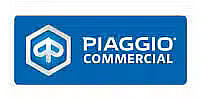 Piaggio
Piaggio Bajaj
Bajaj Greaves Mobility
Greaves Mobility ATUL
ATUL TVS
TVS Omega Seiki Mobility
Omega Seiki Mobility Kinetic
Kinetic Lohia
Lohia JSA
JSA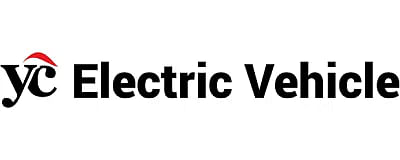 YC Electric
YC Electric Udaan
Udaan SN Solar Energy
SN Solar Energy Saarthi
Saarthi Teja (Powered by Greaves)
Teja (Powered by Greaves) Jezza Motors
Jezza Motors GreenRick
GreenRick City Life Electric
City Life Electric Ampere
Ampere Baba Electric
Baba Electric E-Ashwa
E-Ashwa Bahubali E Rickshaw
Bahubali E Rickshaw Dabang
Dabang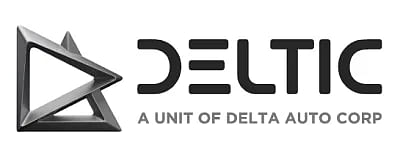 Deltic
Deltic Keto Motors
Keto Motors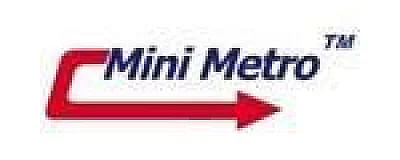 Mini Metro
Mini Metro Gayam Motors
Gayam Motors Gem EV
Gem EV Gkon Automotive
Gkon Automotive Skyride
Skyride Thukral Electric
Thukral Electric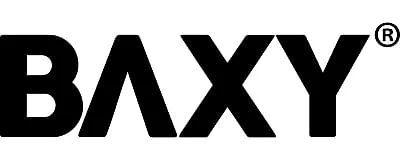 Baxy
Baxy Eblu
Eblu Hexall
Hexall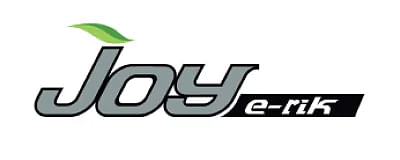 Joy
Joy Montra
Montra Star
Star Dandera
Dandera EKA
EKA Khalsa
Khalsa Hero
Hero- Zero21
91trucks is a rapidly growing digital platform that offers the latest updates and comprehensive information about the commercial vehicle industry.







